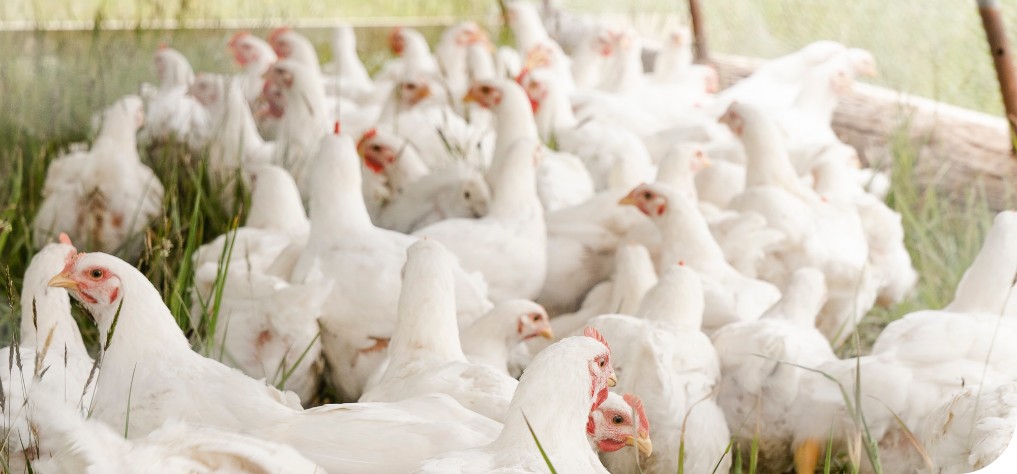This study examined the influence of fermented rapeseed meal (FRSM) on the intestinal morphology and gut microflora of broiler chickens. Limited information is available on the effects of FRSM on the intestinal morphology and the gastrointestinal microbiome population of animals. First, 48 21-day Ross 308 broilers were placed in metabolic cages and randomly assigned to four experimental groups. Group I birds were negative controls and received no additive. Group II birds were positive controls and received a 3% addition of unfermented rapeseed meal. Group III birds received a 3% addition of rapeseed meal fermented with the Bacillus subtilis 67 bacterial strain. Group IV birds received a 3% addition of rapeseed meal fermented with the B. subtilis 87Y strain. After 23 days of experimental feeding, the contents of the birds? ceca were collected for microorganism determination. The histomorphology of the broilers? ceca was also determined, and beneficial changes were found in the histology of the broilers? ceca with the additives. Moreover, these materials inhibited the growth of pathogens and significantly stimulated the growth of probiotic bacteria. These results suggest that the addition of 3% FRSM has a potential probiotic effect and can be used as a material in feed for broilers.
